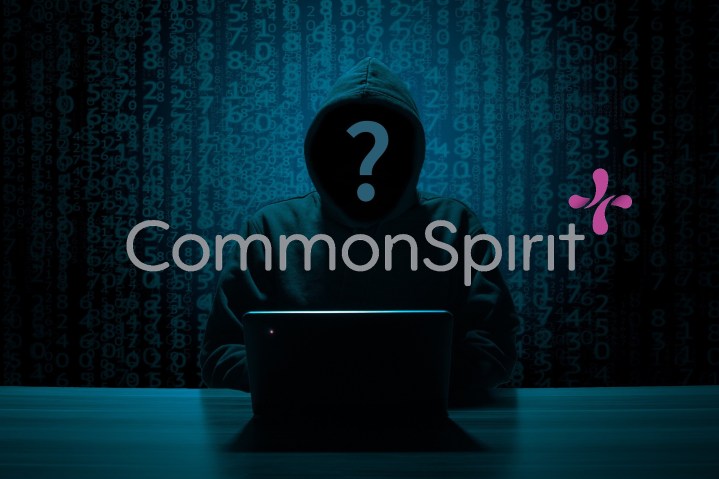A large U.S. hospital chain has been suffering from a serious security breach that has led to its computer records being taken offline. What seems to be a ransomware attack could be affecting the quality of health care provided, possibly even putting lives at risk.
According to the industry-focused news site HealthCareDive, the attack was described as an IT incident by CommonSpirit Health and reported on October 3, 2022. This is a huge hospital chain with 1,000 care sites and 140 hospitals nationwide so thousands of patients are affected. The current solution, according to a statement on CommonSpirit Health’s website, has been to take certain systems offline.

Like the rest of us, doctors and nurses are accustomed to the technology of the 21st century and have come to rely on computer records to take care of patients, plan care options, and organize data. Reverting to paper in an already hectic healthcare system must make the job torturous. We’ll never know how many critical details slip through the cracks during a busy day.
Even more concerning, patient services are being delayed as extra time must be taken to check information in this chaotic work environment. The Verge summarized with examples of a patient whose surgery was delayed and another patient that couldn’t get a CT scan despite a brain bleed.
According to reports, the large hospital chain run by CommonSpirit Health was recently hit with a ransomware attack, which involved hackers gaining access to sensitive information and threatening to destroy or distribute the data if a fee isn’t paid. The difficulty in solving this type of issue is that there is no guarantee that paying the ransom will help. On the other hand, if your IT team can’t recover critical information and there is no backup, there is no other choice.
This isn’t the first time a ransomware attack has weakened the U.S. health care industry and the frequency of attacks seems to be increasing. Cybersecurity is a growing concern among all industries but when it comes to health it can be a life-threatening incident.
Editors’ Recommendations




